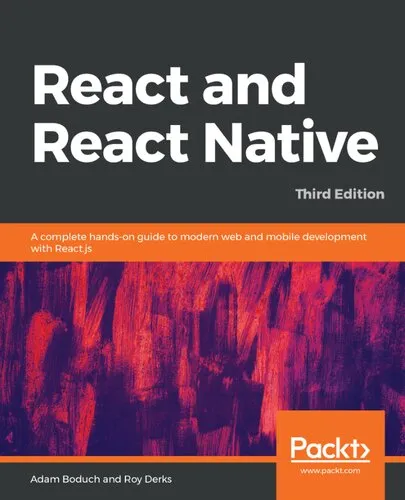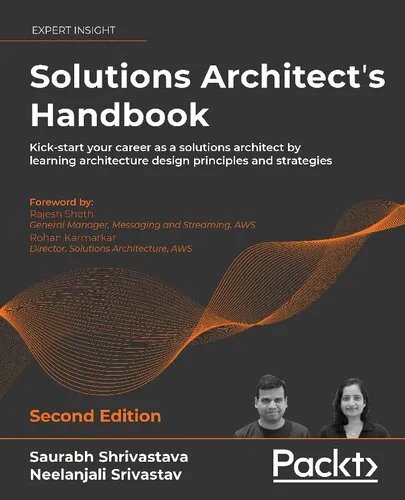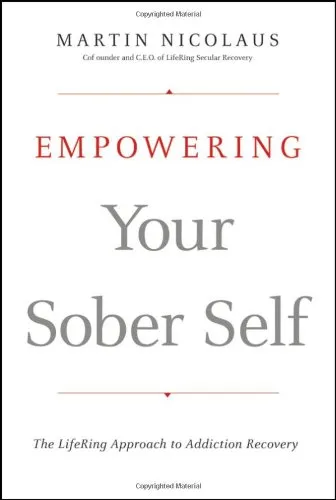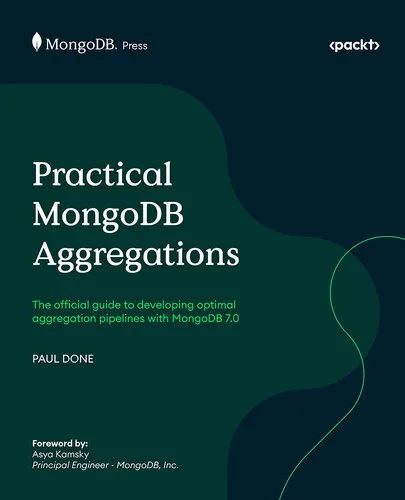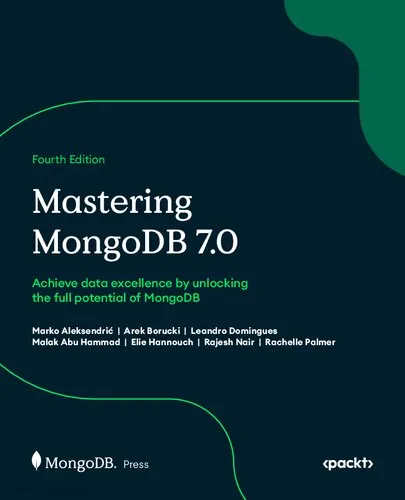Community Development
4.7
Reviews from our users

You Can Ask your questions from this book's AI after Login
Each download or ask from book AI costs 2 points. To earn more free points, please visit the Points Guide Page and complete some valuable actions.Related Refrences:
Analytical Summary
Community Developmentpp.95—112 represents a focused segment of a larger scholarly work, offering readers a rich examination of how communities evolve, adapt, and thrive within complex social, economic, and political frameworks. Authored by Allen, Ryan and Lachapelle, Paul R., these pages distill core theories and applied practices essential for both practitioners and scholars working at the intersection of local empowerment and policy formation.
Within these specific pages, the authors explore nuanced aspects of community development, situating their commentary on key processes such as building social capital, encouraging participatory governance, and fostering sustainable growth. The text consistently bridges theoretical constructs with practical case settings, ensuring relevance for academics and professionals while remaining accessible to a committed, informed readership.
Readers will encounter in-depth analysis of strategic approaches used by communities worldwide to confront challenges like inequity, resource scarcity, and environmental pressures. Each concept is contextualized within broader trends and evidence-based models, making Community Developmentpp.95—112 a concise yet potent discussion of transformative community action. Any specific publication date for this excerpt remains information unavailable due to no reliable public source, yet its substance transcends temporal bounds through universal applicability.
Key Takeaways
From this segment, several critical lessons emerge for those engaged with community planning, academic research, or local governance initiatives.
Firstly, the cultivation of social capital is presented not simply as a desirable goal but as an operational necessity for resilient communities. Secondly, the book underscores how participatory governance leads to more inclusive decision-making structures, aligning policies with lived experiences. Thirdly, sustainable development practices require a balance between short-term needs and long-term visions. Fourthly, strategic collaboration across sectors amplifies the scope and impact of community projects. Lastly, the authors remind readers that ethical considerations must permeate every initiative to foster trust and legitimacy.
Memorable Quotes
Community resilience is not a final product; it is an ongoing practice rooted in mutual respect.Unknown
Participatory governance thrives only when every voice is given equitable space in the dialogue.Unknown
Social capital is built through trust, and trust is earned through consistent, transparent action.Unknown
Why This Book Matters
Community Developmentpp.95—112 matters because it synthesizes complex theories and applied strategies into accessible discourse, empowering diverse stakeholders to enact meaningful change.
For academics, these pages serve as a bridge between empirical research and real-world application. For practitioners, the guidance on fostering social capital and participatory governance offers practical tools for immediate implementation. This blend of rigor and relevance ensures the work's place as an indispensable reading for anyone committed to building stronger, more sustainable communities. Its concentrated format makes it highly digestible while retaining scholarly integrity.
Inspiring Conclusion
In sum, Community Developmentpp.95—112 invites us to think critically, act intentionally, and engage deeply with the processes shaping our shared spaces. It reiterates that developing robust social capital and embedding participatory governance into structural frameworks is both possible and essential.
For the reader ready to contribute meaningfully to their community, these pages act as both guide and call to action. Engage with the arguments, reflect on the case studies, and share the insights with peers. Let Community Developmentpp.95—112 be the catalyst for discussions that lead to tangible, inclusive change—whether within academic circles, civic meetings, or grassroots networks. The next step is clear: read, connect, and participate.
Free Direct Download
You Can Download this book after Login
Accessing books through legal platforms and public libraries not only supports the rights of authors and publishers but also contributes to the sustainability of reading culture. Before downloading, please take a moment to consider these options.
Find this book on other platforms:
WorldCat helps you find books in libraries worldwide.
See ratings, reviews, and discussions on Goodreads.
Find and buy rare or used books on AbeBooks.
1145
بازدید4.7
امتیاز0
نظر98%
رضایتReviews:
4.7
Based on 0 users review
Questions & Answers
Ask questions about this book or help others by answering
No questions yet. Be the first to ask!

